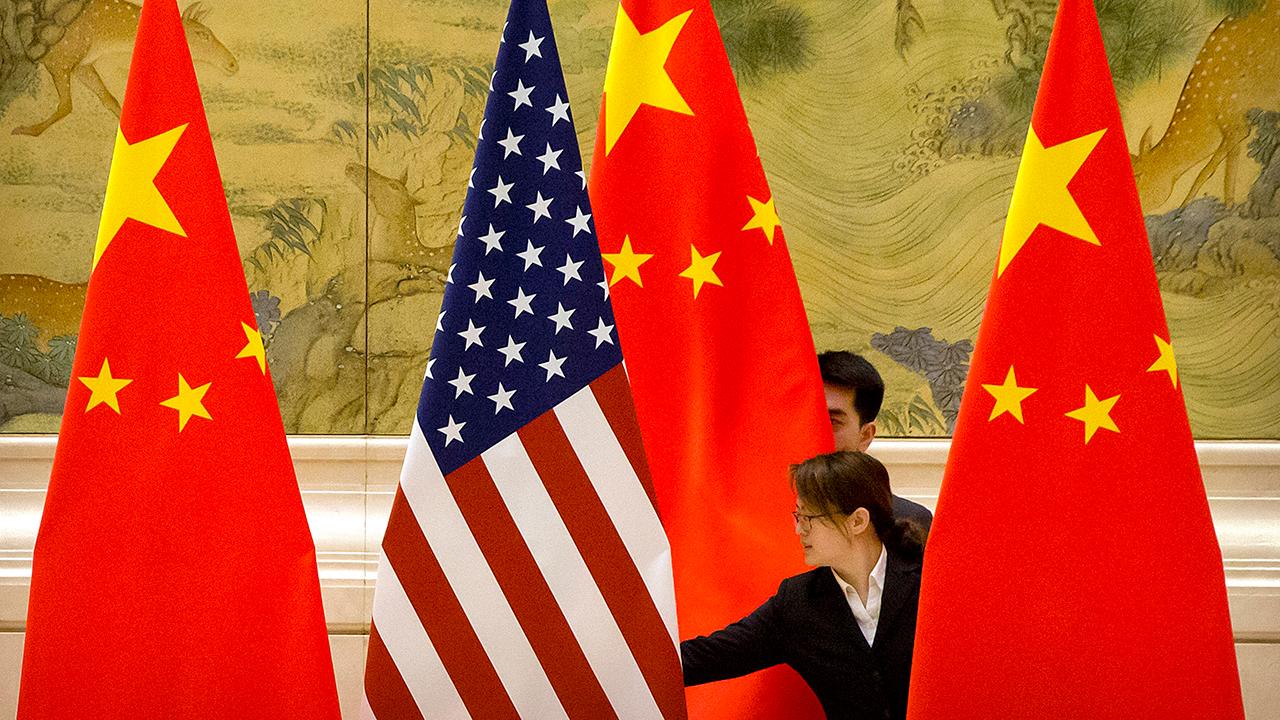US-China trade war timeline: How did the spat begin?
After more than a year of retaliatory tariffs and tentative truces, President Trump and Chinese President Xi Jinping agreed on Friday night to resume trade talks, easing prolonged tensions.
The trade spat between the world’s two largest economies first began in March 2018, when Trump imposed tariffs on $50 billion worth of Chinese goods, targeting 1,300 items.
Trump, whose 2016 presidential campaign hinged on leveling out the trade disparities between the U.S. and some of its allies, said at the time he was imposing the import duty because of intellectual property theft by China. At the time, the trade deficit was about $370 billion, which Trump alleged resulted in the loss of 2 million American jobs.
"We have a tremendous intellectual property theft situation going on, which likewise [costs us] hundreds of billions of dollars, and that’s on a yearly basis," Trump said at the time.
Less than two weeks later, China responded in kind, slapping tariffs on 128 American products ranging from aluminum, airplanes and cars to pork and soybeans.
The trade spat escalated from there, with each country outdoing the other, gradually increasing the amount of goods affected by tariffs -- rattling markets and spurring fears about a potential economic slowdown all the while, with no end in sight.
In May, after close to two months of tariffs, Chinese officials agreed to “substantially reduce” the U.S. trade deficit with China, and Washington officials said they’d put the trade war on hold; however, the ceasefire was short-lived: The Trump administration said, almost one week later, that it would continue imposing tariffs on Chinese goods with “industrially significant technology” to prevent them from acquiring U.S. technology.
Trade talks eventually resumed -- in December, Commerce Secretary Wilbur Ross said that Trump was close to establishing a trade balance -- but eventually crumbled again. As recently as May, a near-deal fell apart when Washington officials accused China of reneging on some of its promises), the trade war created fears about slowing global growth amid all of the economic uncertainties.
CLICK HERE TO GET THE FOX BUSINESS APP
But ahead of the G20 summit, Trump hinted at the possibility of warmer relations with Xi and Beijing, spurring hope among investors for the chance of a deal.




















